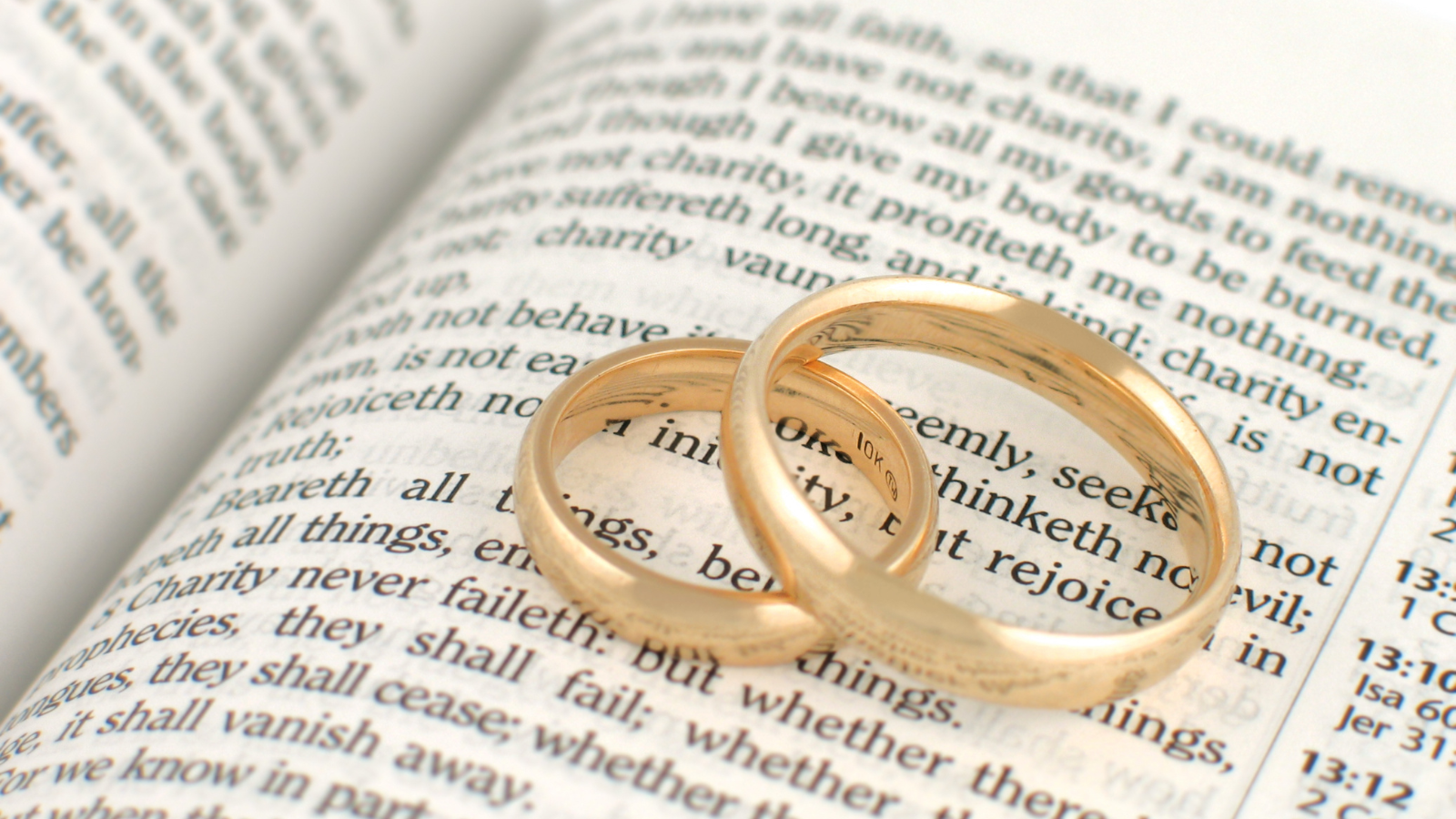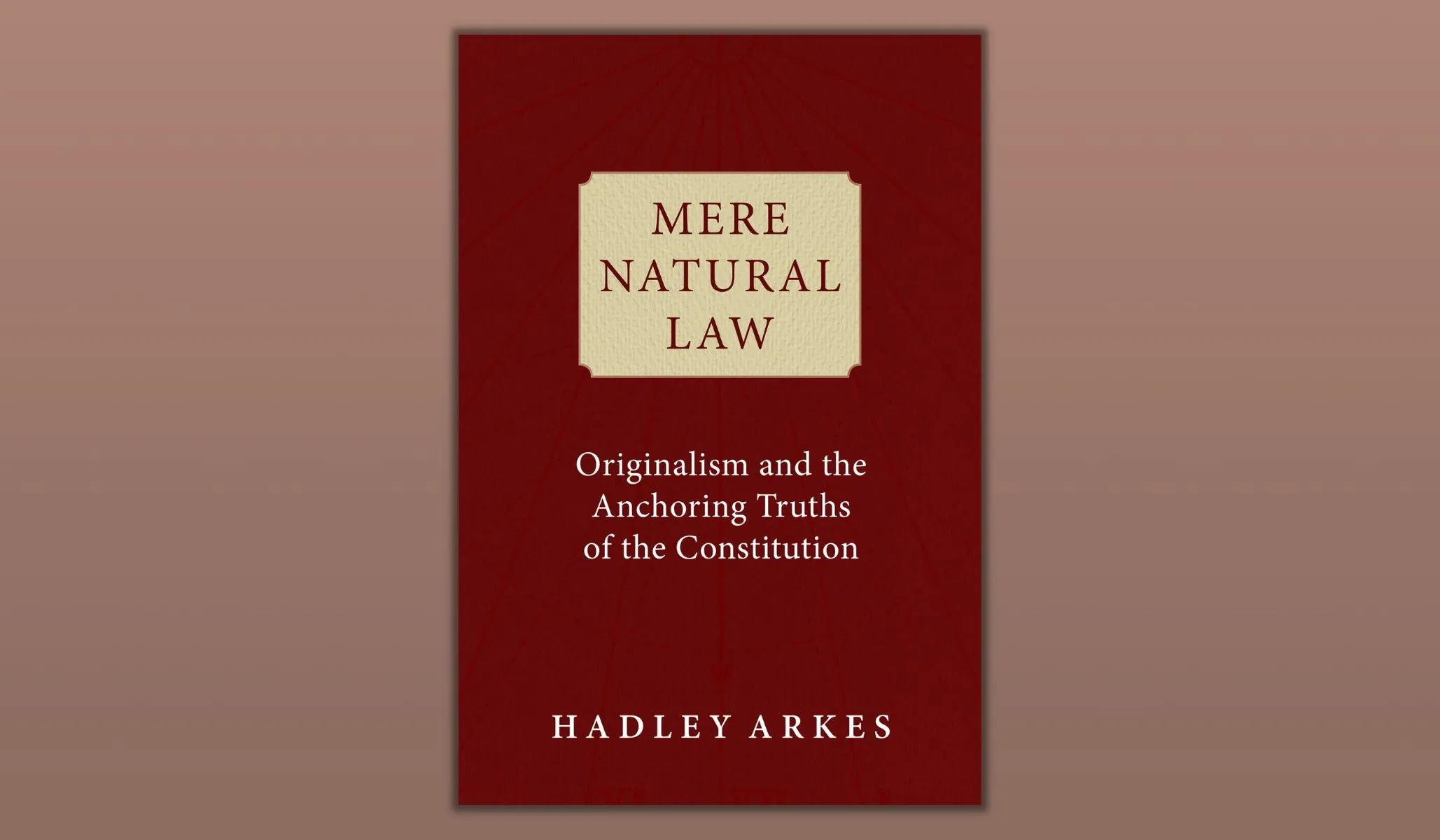Hadley Arkes
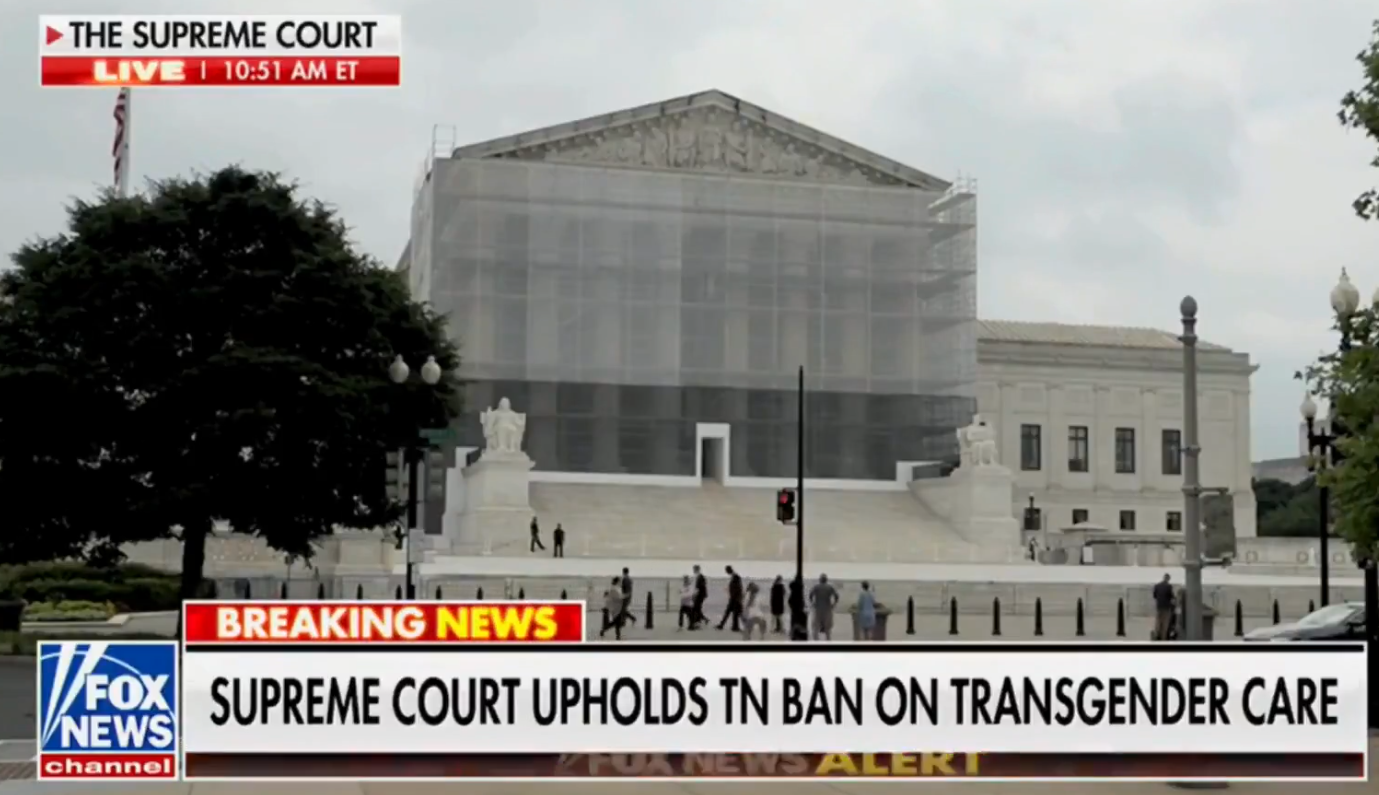
June 23, 2025
Supreme Confusion: The Court Does Transgenderism
The Supreme Court “Does” Transgenderism
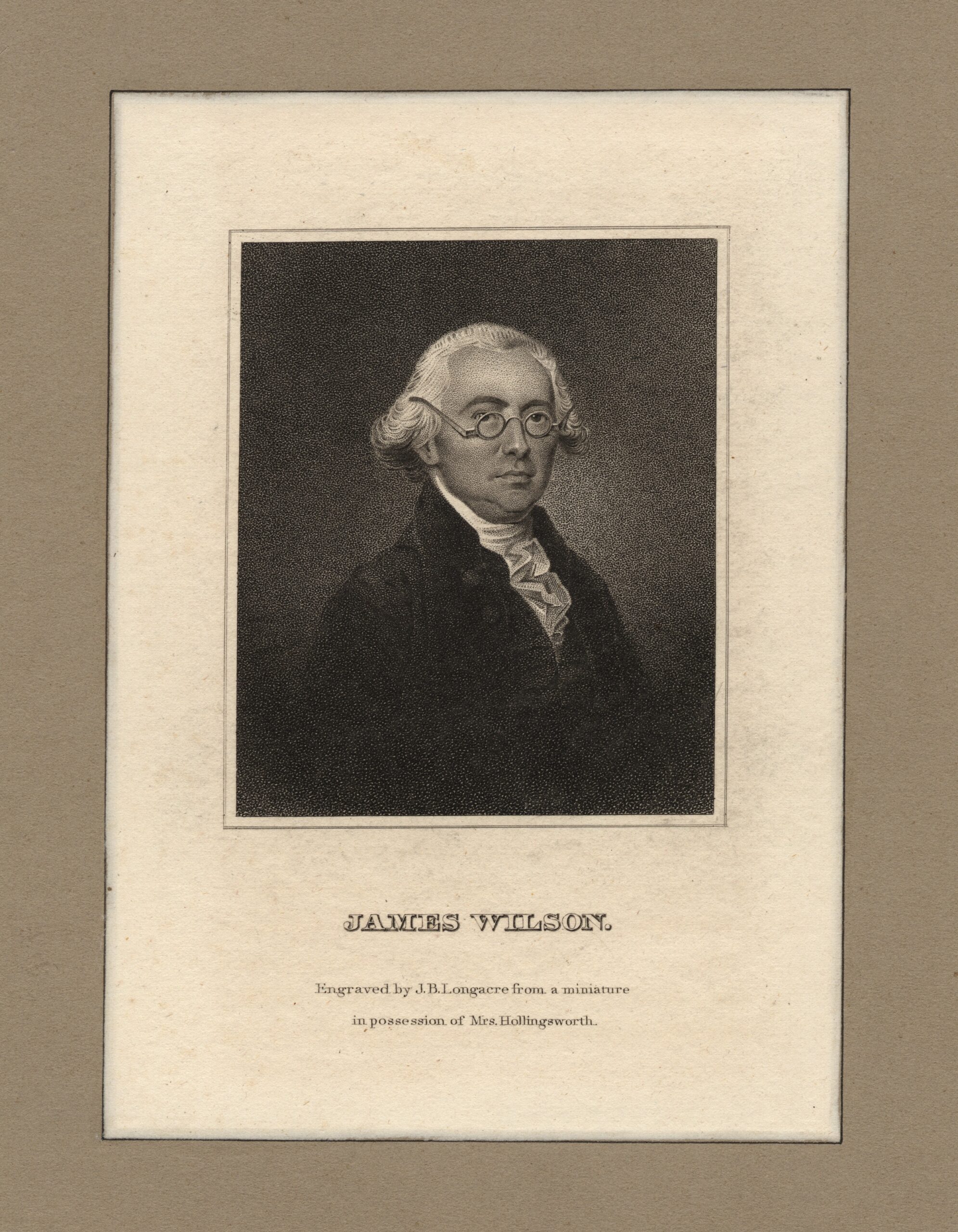
April 22, 2025
What Might James Wilson Say to Today's Supreme Court?
He can do more than, as John Roberts would have him doing, in affirming the law of non-contradiction.
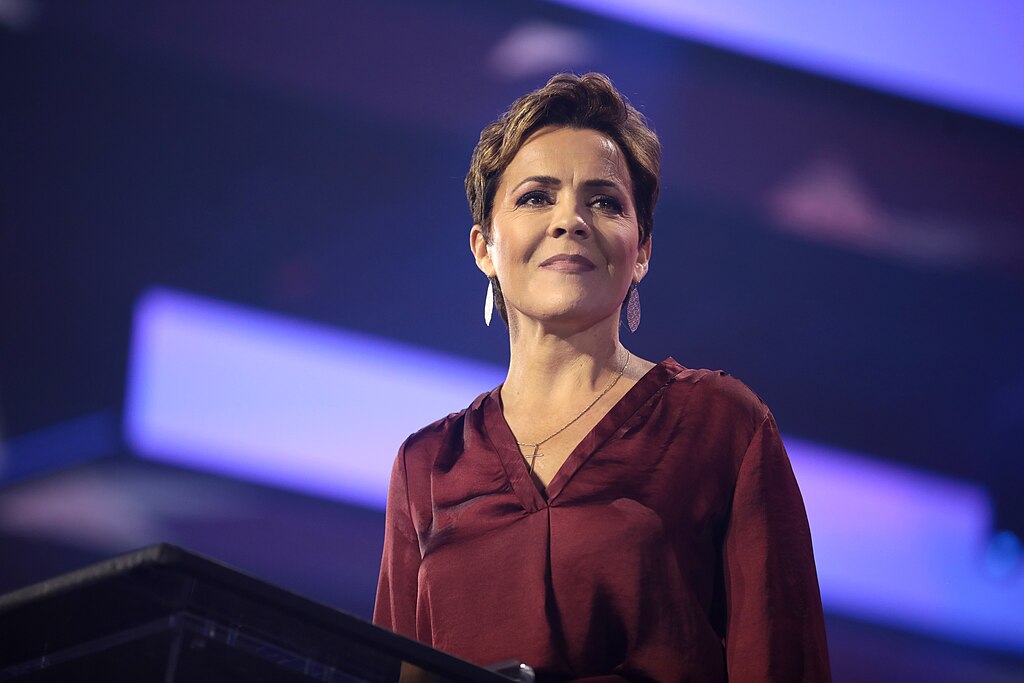
May 1, 2024
Kari Lake Fumbles with Abortion
Hadley Arkes responds to the WSJ editorial on Kari Lake's "abortion finesse."

March 1, 2024
Evil Up Close: Jana Paley's Diary in Wartime
Hadley Arkes introduces a new series from friend of the Institute, Jana Paley.


